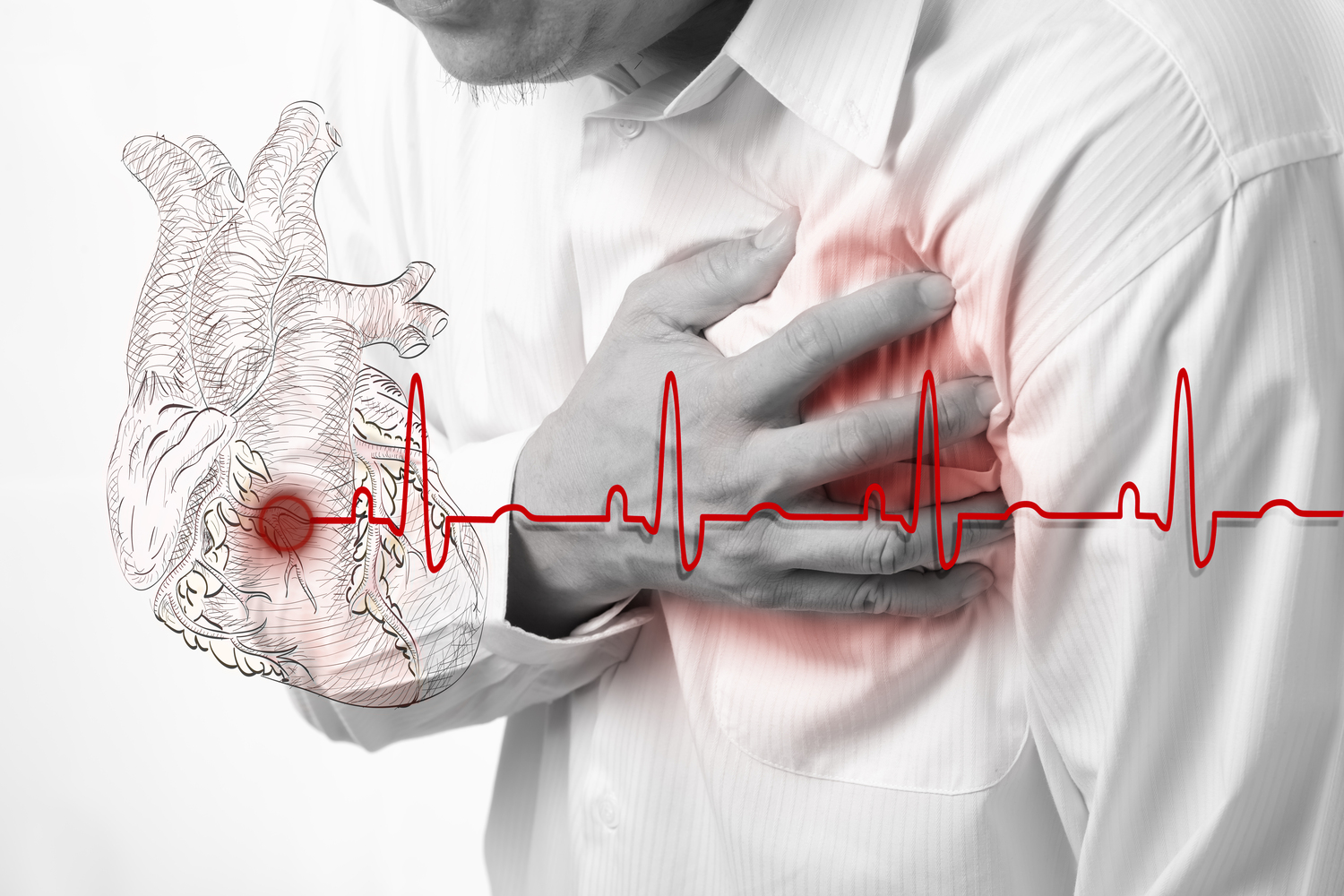
Different Types and Symptoms of Heart Disease
There are many different heart conditions, such as heart infection and heart rhythm issues, that can have different impacts on how the heart functions. Given the wide variety of diseases, and the fact that heart issues are the number one killer of both men and women in the United States, it is important to be aware the types and signs of heart diseases so, if necessary, you can seek medical attention, such as taking a dapagliflozin dose for heart failure, as soon as possible:
1. Heart valve disease
The heart’s four valves facilitate blood flow by closing and opening as the heart beats. However, if one valve is abnormal, blood flow will be disturbed, resulting in blockages or blood leaks. Symptoms of this disease include chest pain, dizziness, shortness of breath, and an irregular heartbeat. Treatment options for heart valve disease include tricuspid valve replacement, aortic valve replacement, or mitral valve prolapse treatment.
2. Pericardial disease
This is a disease that weakens the pericardium, which is a two-layered thin sac filled with fluid surrounding the heart. Its purpose is to ensure that the heart does not over-expand when there is excess blood. The symptoms of pericardial disease include chest pains, which might be worsened by coughing or lying on a flat surface, and a dry cough. Note that pain might also be felt on the neck, back, or left shoulder.
3. Coronary artery disease (CAD)
Coronary artery disease (CAD) is one of the most common heart conditions. The condition is caused by blockages in the arteries, which supply blood to the heart, resulting in reduced blood flow. Common coronary artery disease indicators are sweating, nausea, fatigue, light-headedness and shortness of breath. However, not all individuals will experience such indications. Instead, they might have problems performing exercise they were previously comfortable doing or have digestion issues.
4. Cardiomyopathy (Heart Muscle Disease)
Cardiomyopathy occurs when the heart muscles become thick or stretched, making it impossible for the heart to pump as it should. The disease is primarily caused by drug intake or genetic heart conditions. Also referred to as HCM, the indicators to watch out for are chest discomfort, breathlessness, or fainting. It is especially important to be aware of these potential symptoms when working out.
5. Atrial Fibrillation (AFib)
This condition causes the heart to experience a swift and unusual pulse, which can lead to blood clots and, as such, potentially lead to other significant complications like stroke and heart failure. Signs of atrial fibrillation include the sensation of a fast heartbeat, weakness, fatigue, and lightheadedness. Unfortunately, this disease can be difficult to detect, as some might suffer from this condition without showing the said signs.
Some heart diseases do not have noticeable symptoms during the early stages. Therefore, to ensure that you are not at risk of complications such as heart attacks, aneurysms, and stroke, schedule regular appointments with your doctor to keep a close eye on your heart health.



